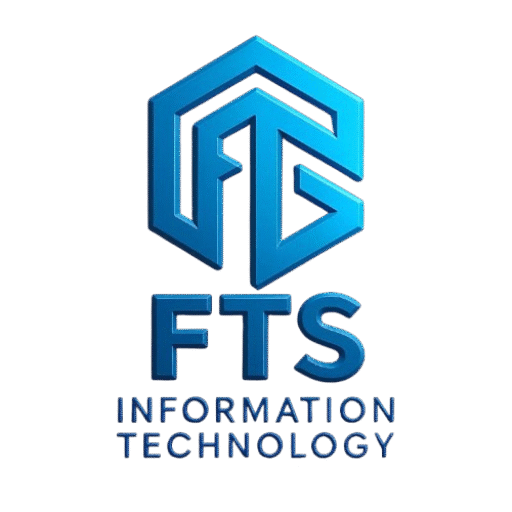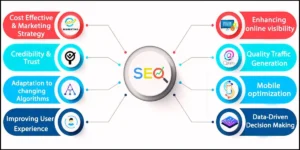Digital Transformation Adapting to the New Era of Business

Digital transformation goes beyond just implementing new technologies; it signifies a profound
change in an organization’s culture, processes, and focus on customers. Its goal is to leverage
digital technologies to improve business operations, provide exceptional customer experiences, and
foster innovation.
What is Digital Transformation?
Digital transformation involves integrating digital technologies into every aspect of a business—from operations and services to customer experiences and employee engagement. The goal is to create a more efficient, data-driven, and customer-centric organization.
It’s not just about adopting tools like cloud software or automation platforms. It’s about using these technologies to reshape your business model, improve decision-making, and foster a culture of continuous innovation.
Key Essentials of Digital Transformation
Let’s dive deeper into the core technologies and strategies that power digital transformation:
1. Cloud Computing
Cloud computing is the foundation of modern digital infrastructure. It allows businesses to:
Scale operations quickly and cost-effectively
Access real-time data from anywhere
Improve collaboration among teams
Reduce IT infrastructure costs
Whether through SaaS, PaaS, or IaaS, cloud solutions enable agility and speed—two essential traits for innovation and growth.
2. Big Data & Analytics
In the digital era, data is a strategic asset. Big Data and advanced analytics empower organizations to:
Understand customer behavior and preferences
Predict market trends
Optimize internal processes
Make data-driven decisions with greater confidence
Using analytics, companies can move from reactive to proactive business strategies.
3. Internet of Things (IoT)
IoT connects devices, systems, and people—collecting valuable data from physical assets. This connectivity allows businesses to:
Monitor operations in real-time
Improve supply chain efficiency
Create smarter, connected products and services
Enhance customer experiences through personalization
Industries like manufacturing, retail, and healthcare are rapidly adopting IoT to drive operational efficiency and innovation.
4. Artificial Intelligence (AI) & Machine Learning (ML)
AI and ML are transforming how businesses interact with data and customers. These technologies enable:
Predictive analytics and smarter decision-making
Automation of repetitive tasks
Personalized marketing and customer service
Intelligent chatbots and voice assistants
AI-powered tools help companies do more with less, driving both performance and customer satisfaction.
5. Cybersecurity
With digital adoption comes increased exposure to cyber threats. A strong digital transformation strategy must prioritize:
Data protection and privacy compliance
Threat detection and prevention
Network and infrastructure security
Employee training on cybersecurity best practices
Building trust with customers and partners starts with ensuring digital safety and resilience.
The Human Side of Digital Transformation
Successful digital transformation is not just about technology—it’s also about people and culture. For businesses to thrive:
Employees must be empowered and trained to adapt
Leadership must embrace agility and innovation
Customers must be at the center of every decision
Change management, clear communication, and a collaborative approach are vital to overcoming resistance and unlocking the full potential of digital change.
About me
We promote the success of your business through the perfect marketing strategy! Trust our agency to achieve amazing results.
Recent posts
Want to Connect with Our Digital Experts?
Let’s take your brand to the next level. Whether you're looking to grow online visibility, boost conversions, or build a powerful digital strategy our team is here to help. Get in touch today and let’s create something amazing together.




